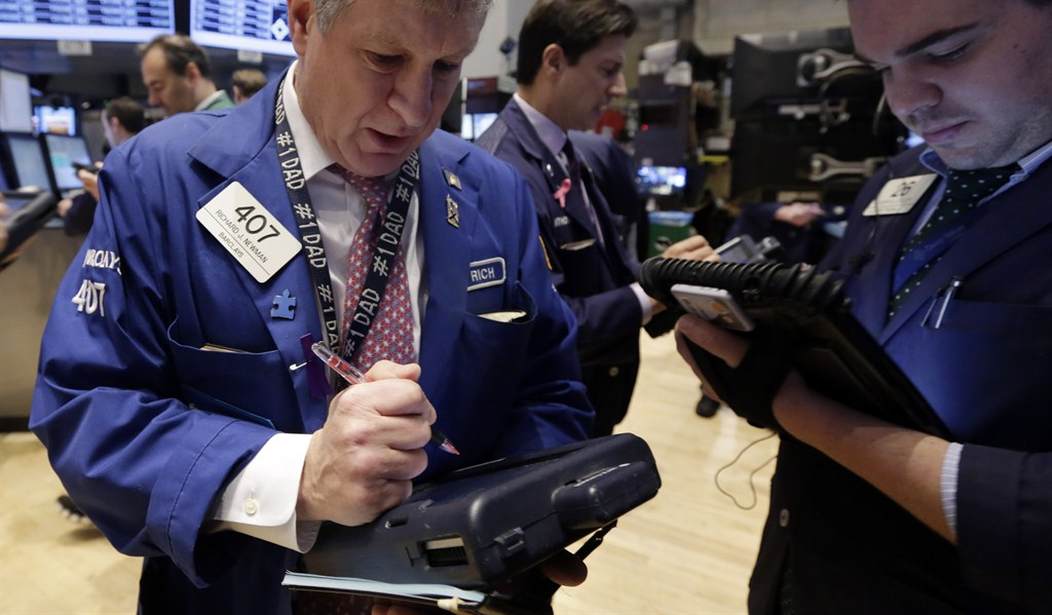"... There were three main schools, the Chaldean, the Egyptian, and the Greek; and to these a fourth was added in our country by Caesar during his dictatorship, who with the assistance of the learned astronomer Sosigenes (Sosigene perito scientiae eius adhibito) brought the separate years back into conformity with the course of the sun." ~Pliny's Natural History
Despite being the most powerful empire on earth to date, the old Roman calendar had enormous shortfalls, which caused innumerous problems. Enter Julius Caesar, who introduced a new calendar of 365 days instead of 355, and the inclusion of leap day (the last day of February, every four years). As Emperor, Julius Caesar could more or less do as he pleased (until he pushed too hard...but that's another story.) The crafting of a new calendar was no frivolous undertaking. After considerable thought and with the assistance of Sosigenes, the Julian calendar made its debut January 1, 45 B.C. (also known as January 1, 709 A.U.C (ab urbe condita- "from the founding of the city [Rome]").
Fast-forward to December 2013, and we find a would-be emperor, who does not quite have the power to change the calendar, but with carte blanche to alter laws shifting the deadline for his new healthcare law once again. The grand scheme to insure all Americans pushed through with dictatorial determination, against the wishes of at least half the citizens, has been easier to conceive than to implement. The problem is the law and its myriad of changing rules that seem more akin to going from the Julian calendar to the Roman calendar. In other words, it is a step backwards. Be that as it may, we are told there will be conformity; not with the course of the sun, but the whims of the president.
So, today is the deadline for enrolling in ObamaCare for those seeking healthcare coverage at the start of 2014? This is the third deadline and more than likely, it will be followed by additional deadlines for hardship and goodwill exceptions, among other categories yet to be named. As for rule changes to the law itself, I've lost count, which isn't a big deal since this sloppy patchwork of corrections only weighs down this disaster more-making it sink faster. Yet I can see why delusions of grandeur are so attractive. Julius Caesar's name will live on forever, as part of the western calendar and as long as mankind marvels at his reign.
Recommended
Hail Caesar
Not to be outdone, Augustus Caesar, Julius' grandnephew and heir, was awarded his own month after defeating Marc Anthony and Cleopatra. Months in the original calendar alternated between 30 and 31 days; but one less day wouldn't due for Augustus, so a day was snatched from February, while other months saw their lengths adjusted as well.
By the way, Claudius and Nero attempted to have months named in their honor as well, but those changes were short-lived.
Gregorian calendar
|
Crazy Tales of Implementation
England implementation of the Gregorian calendar resulted in the omission of eleven days between September 2 and September 14 which caused considerable up roared captured in William Hogarth's "An Election Entertainment." |
For all its strengths -there were still faults with the calendar presented by Julius Caesar; so enter Pope Gregory XIII, whose additional reforms ushered in a calendar named in his honor in 1582. The calendar didn't meet with universal acceptance, with Russia waiting until 1917 and China waiting until 1948 to make the switch.
The implementation in the UK and its colonies was met with some resistance, (see sidebar) although stories of riots were probably exaggerated.
The calendar is still used by the Eastern Orthodox Church and the Berbers of North Africa.
In addition to more changes, we should brace for the ultimate sales pitch; to not allow the perfect to be the enemy of the good. As great as the Gregorian calendar is it’s not perfect losing a day every 3,236 years. Of course, ObamaCare is not the Gregorian calendar or the Julian calendar, or even the Roman calendar. In fact, maybe its closest comparison would be the disastrous end of the Mayan calendar. The plan is rapidly collapsing before our very eyes. It seeks to make laws of nature and math, conform to ideology, and the ego of a president. It's not going to happen; the longer it exists the more difficult it will be to repair the damage.
Even the most famous dictator in history understood that there were certain things imperial powers were limited in being able to control. When that realization hits home, maybe President Obama will turn back the clock, maybe.
Durable Goods
Durable goods orders for November were the latest in a growing list of good economic data. New orders for durable goods were up 3.5% month to month, well above the consensus estimate calling for a 1.5% increase. Also, excluding the volatile transportation readings, orders were up 1.2% which beat the 0.8% consensus. The results were driven by solid increases in machinery (+3.8%), computers (+5.3%) and communication equipment (+13.0%), among other things.

There was also a strong reading out of non-defense capital goods orders (ex. aircraft), which investors like to look at as an indicator of capital spending. Those orders showed a 4.5% increase, or $2.97 billion. That was a big boost following a few months of weakness starting in the summer.

Yesterday’s personal income and spending data showed a 0.2% gain month to month in income and a 0.5% gain in spending. That translates into a 2.3% increase in incomes and a 3.5% increase in spending versus consensus estimates for 3.4% and 3.1%, respectively. Incomes could have been better, but along with that, the savings rate also declined to 4.2% -- the lowest since February -- indicating consumers are opening their wallets again. Thus, there appear to be opportunities in retail heading into 2014.



























Join the conversation as a VIP Member